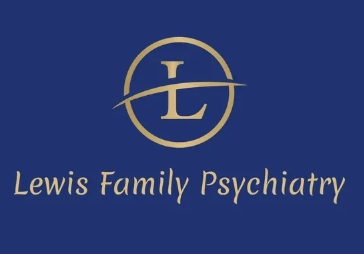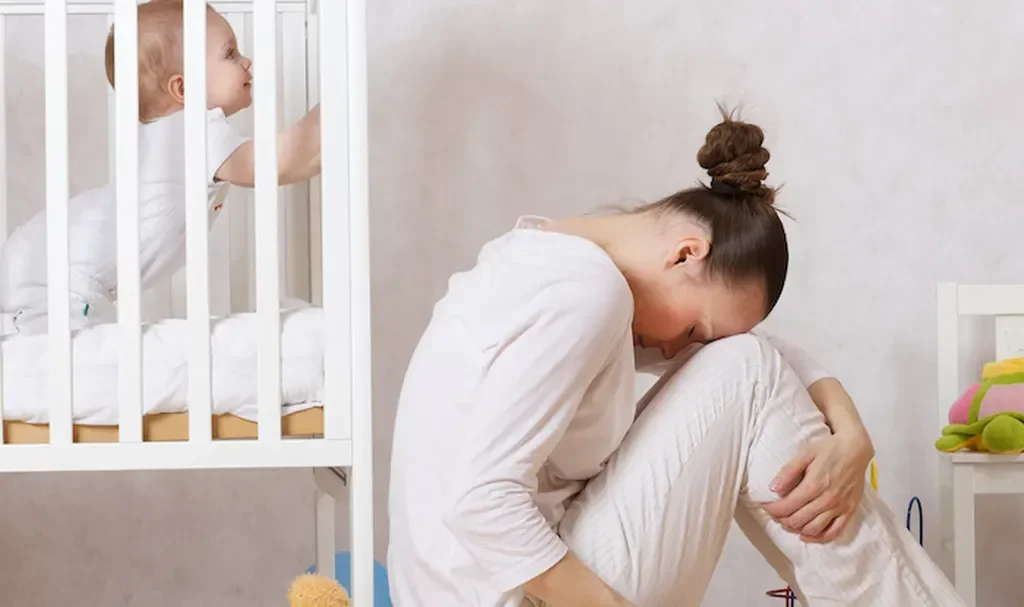5 Things Every Woman Should Know About Postpartum Depression
The physical changes and upheaval that come with having a baby can make life feel overwhelming. For about 15 percent of women, however, the challenge is greater due to the development of postpartum depression. Read on to learn more.
Having a baby is a life-changing event, and with it can come a rollercoaster of emotions. Health conditions such as postpartum depression (PPD) can also affect your mood.
At Lewis Family Psychiatry, our top-notch team of experienced and compassionate psychiatric nurse practitioners provides telemedicine care for patients throughout the state of Florida. From our home base in Wellington, Florida, we use a whole-person approach to treating a variety of mental health conditions including postpartum depression.
Postpartum depression
While most people are familiar with depression, many may not know as much about postpartum depression which occurs after a woman gives birth.
It’s more than the "baby blues"
The baby blues is a relatively common phenomenon affecting up to 80 percent of new mothers that can begin two to three days after your baby is born and last for up to two weeks. Symptoms may include anxiety, crying spells, mood swings, and problems sleeping.
Postpartum depression lasts longer and is more severe. Symptoms include feeling sad, worthless, or hopeless, and crying frequently. You may feel like they aren’t bonding with their newborn or you’re not doing a good job.
A sense of overwhelming despair may prevent you from sleeping and taking care of yourself and your baby. You may also experience anxiety and panic attacks.
It’s relatively common
Postpartum depression affects about 1 in 7 women or 15 percent. Not only that but in half of women diagnosed with PPD, it’s the first time they’ve experienced depression. It can begin during pregnancy or after birth.
It’s not your fault
Postpartum depression is a medical condition that’s not your fault. While there’s not one specific cause, a variety of physical, emotional, and situational issues can come into play.
Hormonal changes like the significant decrease in estrogen and progesterone after giving birth can play a role as well as changes in your thyroid hormone levels. Sleep deprivation, anxiety about caring for a newborn, and struggles with your appearance and identity can contribute.
Having a history of depression or premenstrual dysphoric disorder, being young, and having twins or triplets or a baby with health issues or special needs can increase your odds of PPD. Stressful life events like a job loss or marital conflict can also be a risk factor as can lack of support and assistance.
Effects on your baby
PPD doesn't just affect the mother, it can affect your baby too. This can occur in multiple ways including lack of checkups and vaccinations. Bonding between mother and baby can be more difficult and may result in a shorter period of breastfeeding. Even your baby's behavior, learning, and development may be impacted.
Treatment is available
Living with postpartum depression — and taking care of a baby at the same time — can be difficult, but treatment can help. Care plans are tailored to you and your symptoms but often include a combination of prescription medication and psychiatric therapy.
Genetic testing may also be recommended to determine which medications are likely to be most beneficial for you.
At Lewis Family Psychiatry, we understand the challenges of the postpartum period and caring for a new baby. If you're suffering, we’d like to help. Call us at 561-303-0433 today to make an appointment.


